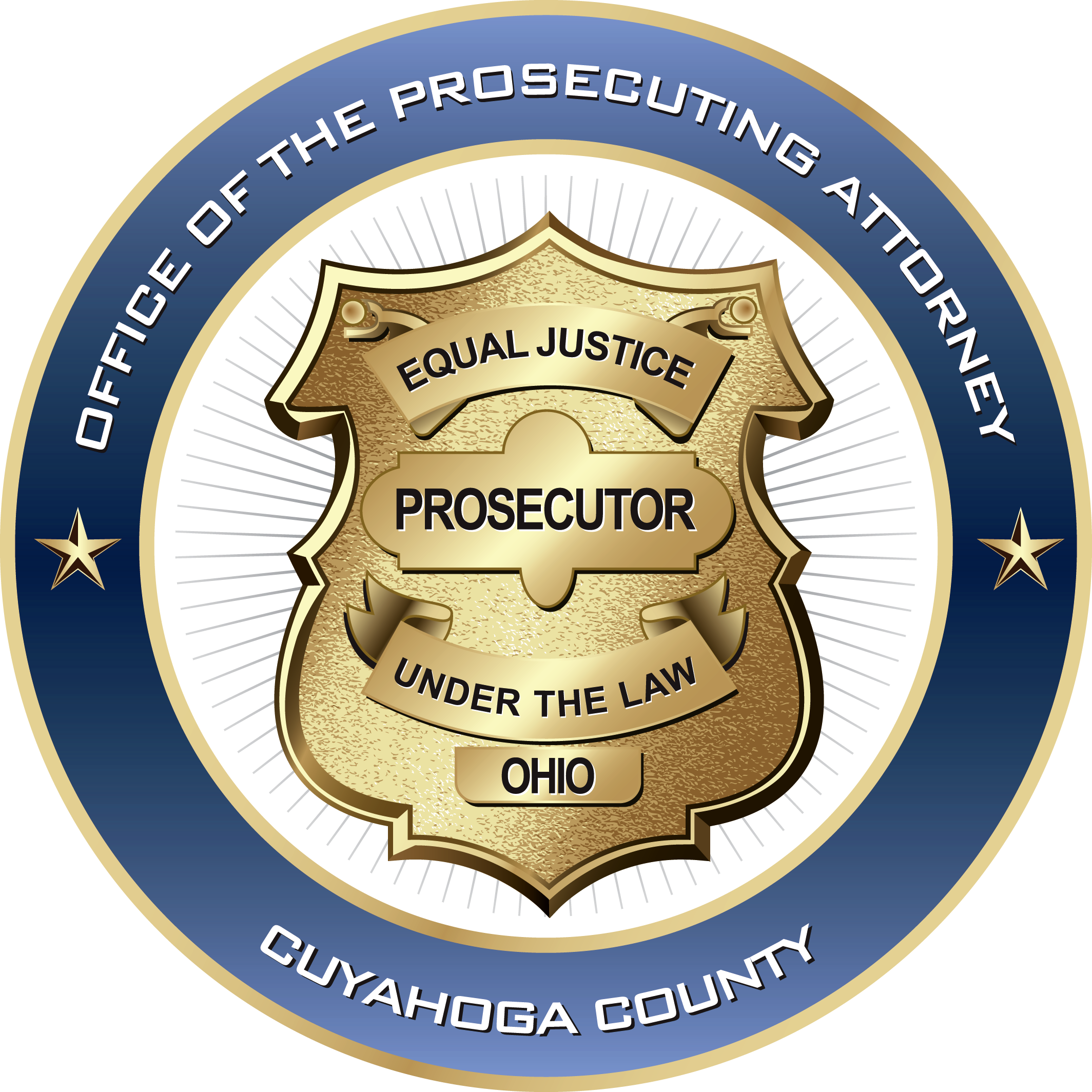Divisions & Units
The Cuyahoga County Prosecutor’s Office is comprised of over 230 prosecuting attorneys and over 170 administrative staff working toward the primary objective of a safer Cuyahoga County for all residents and visitors. Our office has more than 15 units and works to seek justice on behalf of the victims of violent crime.
“You need to hear, and you need to be out in the community and understand the feelings. You’re guided by the principal of seeking justice, but you’ve got to be aware of your surroundings.”




